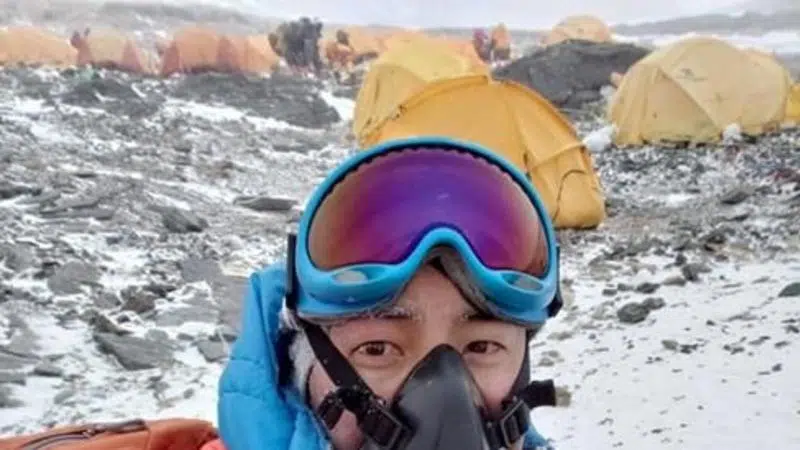
B.C. man who scaled Everest says climb is not for ‘faint of heart’
VANCOUVER — When Chris Dare stood on the roof of the world he had tears behind his goggles.
The British Columbia man has climbed mountains on seven continents in less than 10 years, but last week he feared he wouldn’t make it down the 8,848-metre peak of Mount Everest.
Dare, 35, who’s an officer in the Canadian Armed Forces, said he stood atop the peak for about 10 minutes last Thursday, taking in the majesty of his view.
